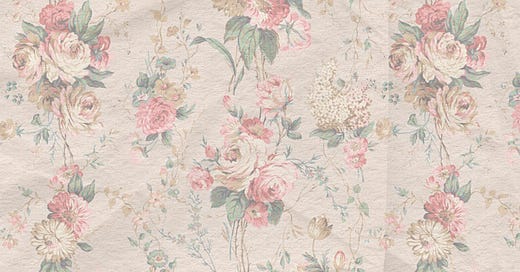FOCAL POINT
When Achieving is Valued Over Having, We Can Never Know Ease: On the Wisdom of Cleaning an Already Clean House
Professional house cleaning is by far the hardest job I’ve ever worked in the domestic service industry. For a long time, I had to consume half a weed gummy, a low dose of medicinal mushrooms, and an endless supply of smutty audiobook…
Keep reading with a 7-day free trial
Subscribe to Adaptive Daydream to keep reading this post and get 7 days of free access to the full post archives.




